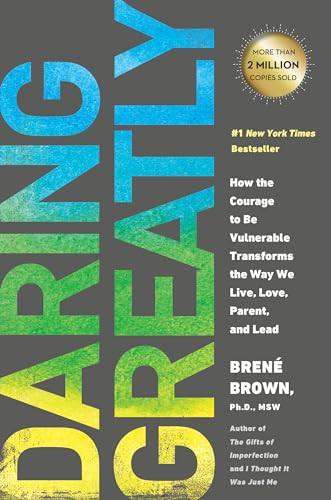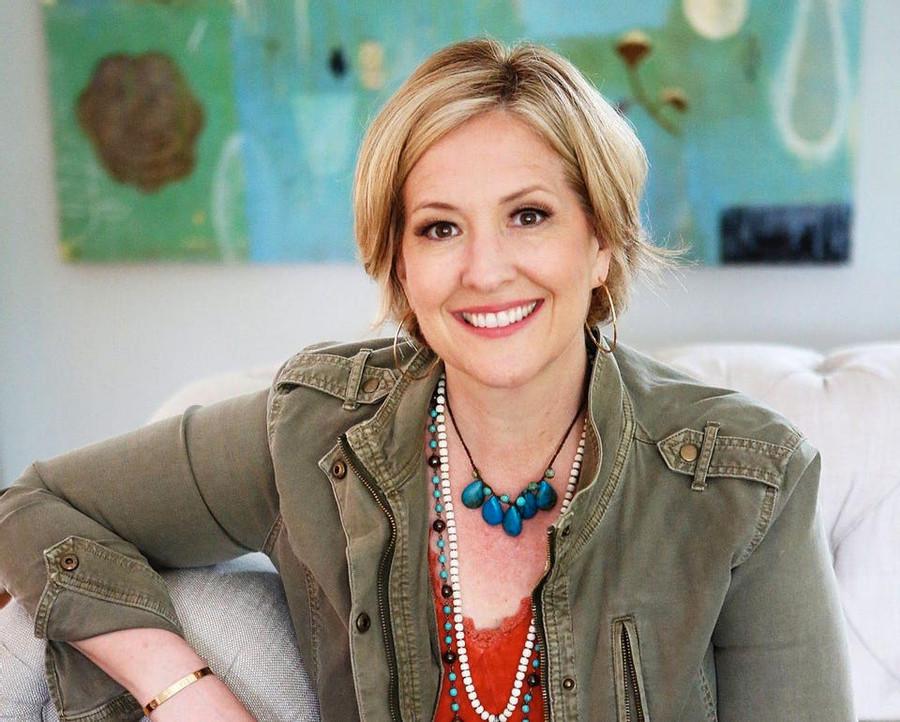Matthew Clark's Key Ideas from Daring Greatly
by Brené Brown
Ideas, facts & insights covering these topics:
10 ideas
·27.1K reads
113
2
Explore the World's Best Ideas
Join today and uncover 100+ curated journeys from 50+ topics. Unlock access to our mobile app with extensive features.
“Vulnerability sounds like truth and feels like courage. Truth and courage aren't always comfortable, but they're never weakness.”
BRENÉ BROWN
295
4.32K reads
Being vulnerable is not a sign of weakness
- Vulnerability is neither good nor bad. Rather, being vulnerable simply means you have the capacity to experience emotions.
- Though we often associate vulnerability with dark emotions, like fear, grief, or sadness, vulnerability is, in fact, also the root of our positive emotions: love, joy, empathy, and so on.
- Allowing yourself to be vulnerable shows strength and courage – not weakness.
278
2.99K reads
What being vulnerable means
Vulnerability means uncertainty, risk, and emotional exposure.
You might love someone, for example, and in doing so expose yourself emotionally; but you can never be certain that they'll reciprocate, thus you risk being rejected. Like any other feeling, love entails vulnerability.
251
2.71K reads
Embracing the idea of being vulnerable
Embracing our vulnerability can help us to learn and develop, both professionally and socially.
- Social development: embracing vulnerability allows us to both experience our emotions authentically and be empathic, enabling us to connect with others. Just as you'd appreciate others being open and honest with you, your vulnerability and willingness to share your feelings and thoughts will be received positively.
- Professional development: it's only by taking risks and daring to expose our work and ideas to external criticism that we can improve ourselves. If you practice only what you know you're
good at, you of course avoid the risk of failure, but you also miss out on a potential new experience.
245
2.03K reads
When we ignore our vulnerability
If you ignore your vulnerability, or you're simply unaware of it, you might end up increasing it.
As one study demonstrated, people who believed themselves to be invulnerable to the persuasive power of advertising were, in fact, the most susceptible to it; participants claiming to be unaffected by commercials responded more to them than those who acknowledged their own suggestibility.
228
1.94K reads
As adults, we realize that to live with courage, purpose, and connection…we must again be vulnerable. We must take off the armor, put down the weapons, show up, and let ourselves be seen.
BRENÉ BROWN
270
6.34K reads
Unmasking vulnerability
In order to remove our armor and put down our weapons, it’s necessary to identify how we are masking our shame and protecting our vulnerabilities.
The three major shields that we use to protect ourselves:
- Foreboding Joy (Imagining dreadful outcomes that clamp down on momentary joy)
- Perfectionism (Believing that doing everything perfectly protects us from shame)
- Numbing (Embracing anything that deadens the pain of discomfort and shame)
The powerful disarming strategies for freeing ourselves of these masks:
- Worthiness (I am enough)
- Boundaries (I’ve had enough)
- Engagement (I’m taking risks and let
ting myself be seen).
332
1.84K reads
Shame
Talking about our feelings of shame and naming them often diminishes their power. In fact, verbalizing our shame actually makes us resilient to it.
This is because shame gains power through being unspeakable: the less we talk about it, the more control it has over our lives.
The problem is that it's natural for us to keep our shame to ourselves. Shame doesn't even require the presence of other people: most of us are likely to be our own worst critics and maintain a stockpile of shame to draw from.
277
1.63K reads
A culture of vulnerability
Leaders in education, work, and society as a whole should combat disengagement by encouraging.
Such a culture of worthiness and openness towards vulnerability can combat shame-based problems, and if we learn to engage our own vulnerability we can transfer the same values and concepts to our workplaces, schools, and families. vulnerability over shame.
215
1.54K reads
How does shame work?
- Shame is the fear of social disconnection; it’s only human, but harmful nonetheless.
- Shame is part of our current culture and it promotes a fear of unworthiness – of never having or being enough.
236
1.77K reads
IDEAS CURATED BY
CURATOR'S NOTE
How to be vulnerable and embrace imperfection, to live wholeheartedly, and courageously.
“
Curious about different takes? Check out our Daring Greatly Summary book page to explore multiple unique summaries written by Deepstash users.
Matthew Clark's ideas are part of this journey:
Learn more about leadershipandmanagement with this collection
How to overcome fear of rejection
How to embrace vulnerability
Why vulnerability is important for personal growth
Related collections
Different Perspectives Curated by Others from Daring Greatly
Curious about different takes? Check out our book page to explore multiple unique summaries written by Deepstash curators:
7 ideas
3 ideas
1 idea
Discover Key Ideas from Books on Similar Topics
Read & Learn
20x Faster
without
deepstash
with
deepstash
with
deepstash
Personalized microlearning
—
100+ Learning Journeys
—
Access to 200,000+ ideas
—
Access to the mobile app
—
Unlimited idea saving
—
—
Unlimited history
—
—
Unlimited listening to ideas
—
—
Downloading & offline access
—
—
Supercharge your mind with one idea per day
Enter your email and spend 1 minute every day to learn something new.
I agree to receive email updates





